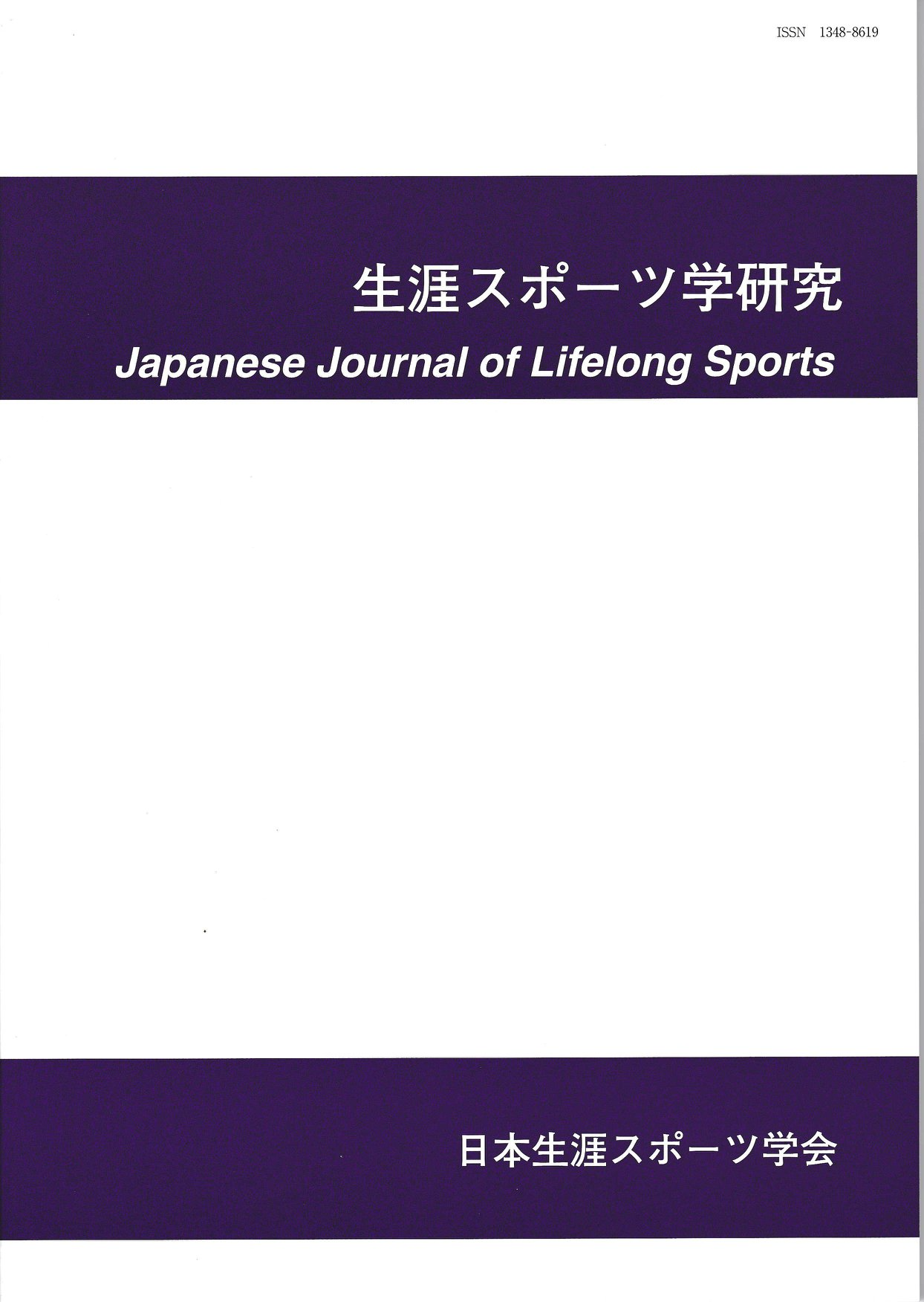In Japan, the Basic Act on Sport aims to promote participation in not only competitive sport activities but also leisure-time physical activities (LTPA). However, LTPA levels among Japanese people remain low. In the field of leisure studies, lack of leisure participation is often understood through the conceptual lens of constraints and constraint negotiation, and these concepts have guided LTPA research. Canada, where leisure studies is well-established, has actively promoted LTPA, which resulted in a more physically active society. Therefore, cross-cultural research on constraints to and constraint negotiation for LTPA between Japan and Canada can provide us with valuable insights into achieving goals specified in the Basic Act on Sport and developing similar LTPA-related polices in the future. As such, the purpose of this study was to examine cultural similarities and differences in LTPA constraints and constraint negotiation between Japanese and Euro-Canadian adults. Useable data were obtained from 299 Japanese and 286 Euro-Canadians using online surveys. Results of Hotelling T2 tests and follow-up t-tests indicated that (a) Euro-Canadian adults participated in LTPA more frequently than Japanese adults; (b) Euro-Canadian adults experienced lifestyle constraints more than Japanese adults; and (c) Euro-Canadian adults utilized psychological, physiological, lifestyle, interpersonal, and time negotiation strategies more than Japanese adults. These results highlighted cultural similarities in constraints and cultural differences in constraint negotiation between Japanese and Euro-Canadian adults. This research emphasizes the importance of leisure education in Japan, and the future LTPA-related polices including Sport Basic Plan should take into account leisure education as life learning opportunities for Japanese people.
View full abstract
